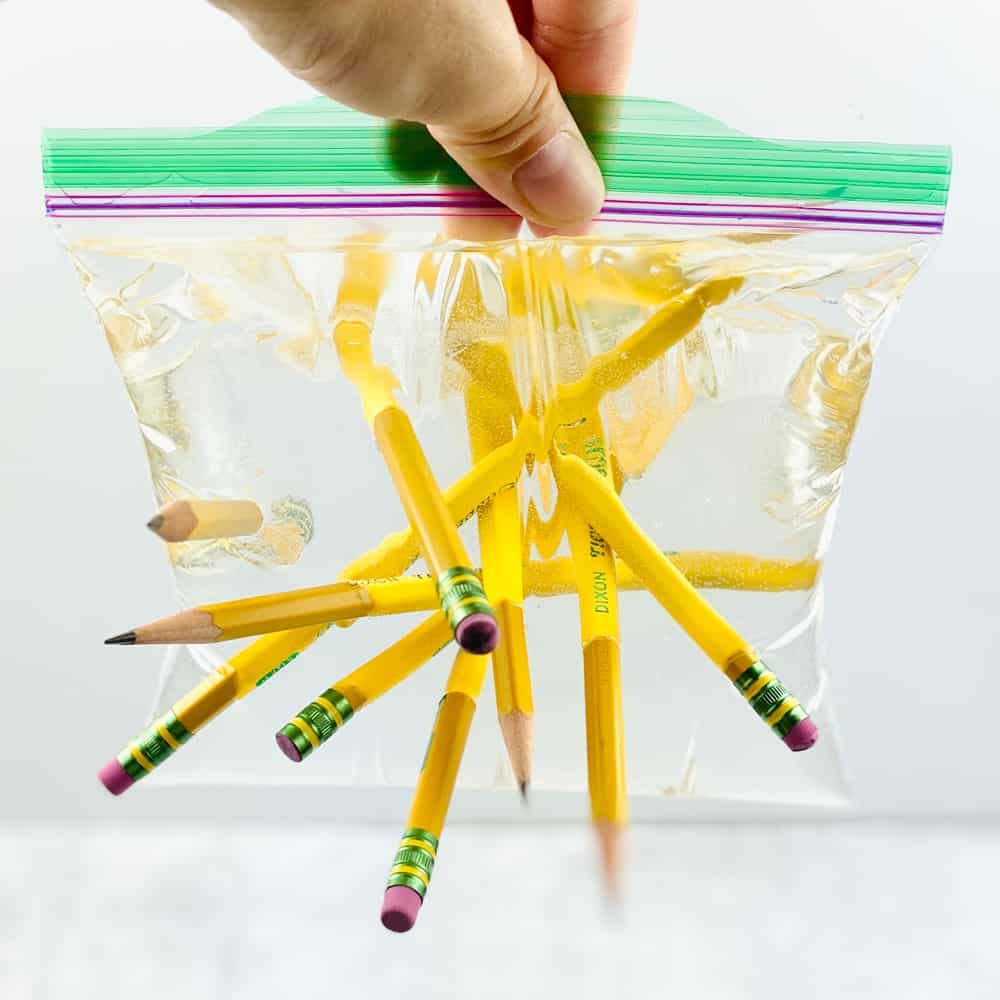
PENCIL IN WATER BAG EXPERIMENT Mallize
water What happens when you put a pencil in water? Fill the glass with water up to two thirds of the way. Then place the pencil in the water at an angle and look at the pencil from the side of the clear glass. You should see that the pencil appears to be broken in two, even though it isn't! WHY DOES A PENCIL LOOK BROKEN / BEND IN WATER

Cylinder Bent Illustrations, RoyaltyFree Vector Graphics & Clip Art iStock
Experiment with watercolor pencils using these techniques: activate pigments with water, paint on wet paper, dip the pencil in water for vibrant colors, apply color with a brush, create a paper palette, and explore layering and textures. Practice various styles and subjects to develop your skills and artistic voice.
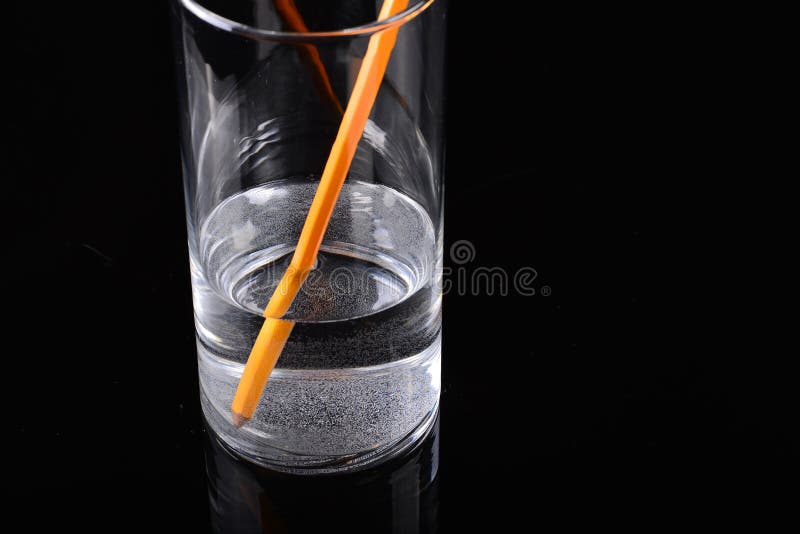
Refraction of Yellow Pencil in Glass of Water Stock Photo Image of color, black 182041310
Step 1. Fill up your sandwich bag with water and seal (over the sink is recommended) Make sure it's to the top but not so overfilled that you can't close the seal up tightly. Step 3. Take a sharp pencil and punch it through one side of the bag and to the other, but make sure it's not all the way through or water will spill from one end. Step 4.
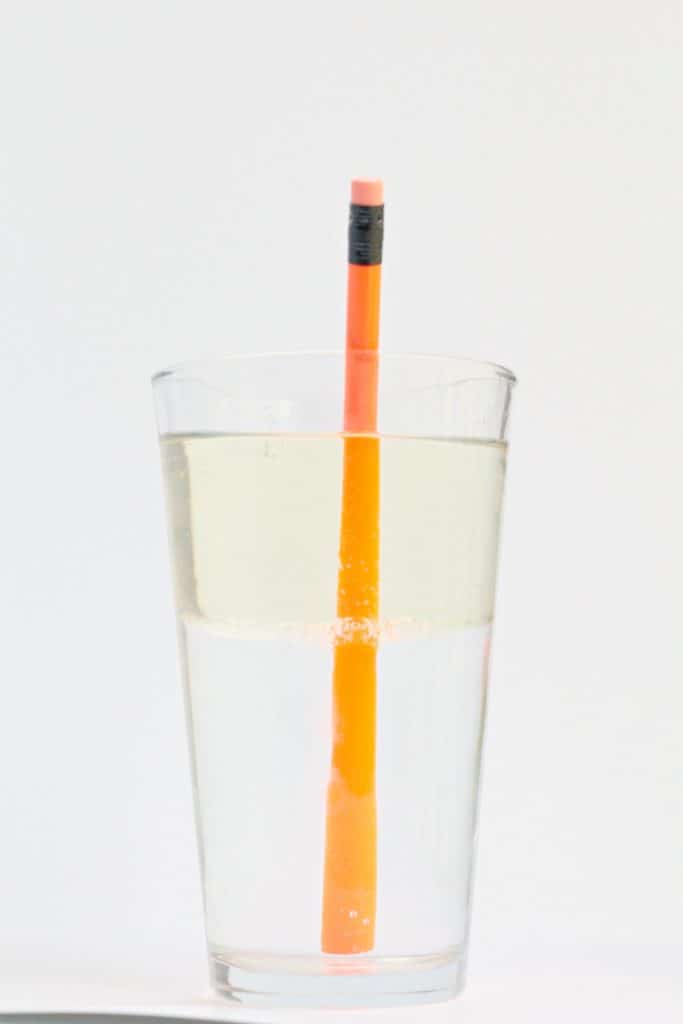
Magic Breaking Pencil Light Refraction Science for Kids
Learn how to use watercolor pencils to create a watercolor painting/drawing. See how watercolor pencils differ from traditional colored pencils. Derwent wate.

ورقة تدريب الدرسخواص الضوء نجوى
Watercolor Paper Brush or Water Brush Sharpener Graphite Pencils Water, Paper Towels and Masking Tape What Watercolor Pencils Should I Use? Getting Started Know your pencils: Create a sample chart Prepare your paper: mositen and mount Make the preliminary sketch Add color: apply first layer of color

24918908C2RM Fundamental Photographs The Art of Science
Drawing water with pencil requires a specific approach. Below are the steps involved in creating a realistic water drawing: 1. Sketch Your Drawing. Before you start drawing, it's essential to have a basic idea of how you want your water drawing to look. Begin by sketching the outlines of your drawing using light lines.

Refraction of Yellow Pencil in Glass of Water Stock Image Image of design, look 182041325
Control Detail Convenience A pencil is easier for most people to control than a brush. That alone makes watercolor pencils less intimidating. They also require less water, which is the most unpredictable aspect of watercolor. Having better control over water gives you more control over the pigments on the page.
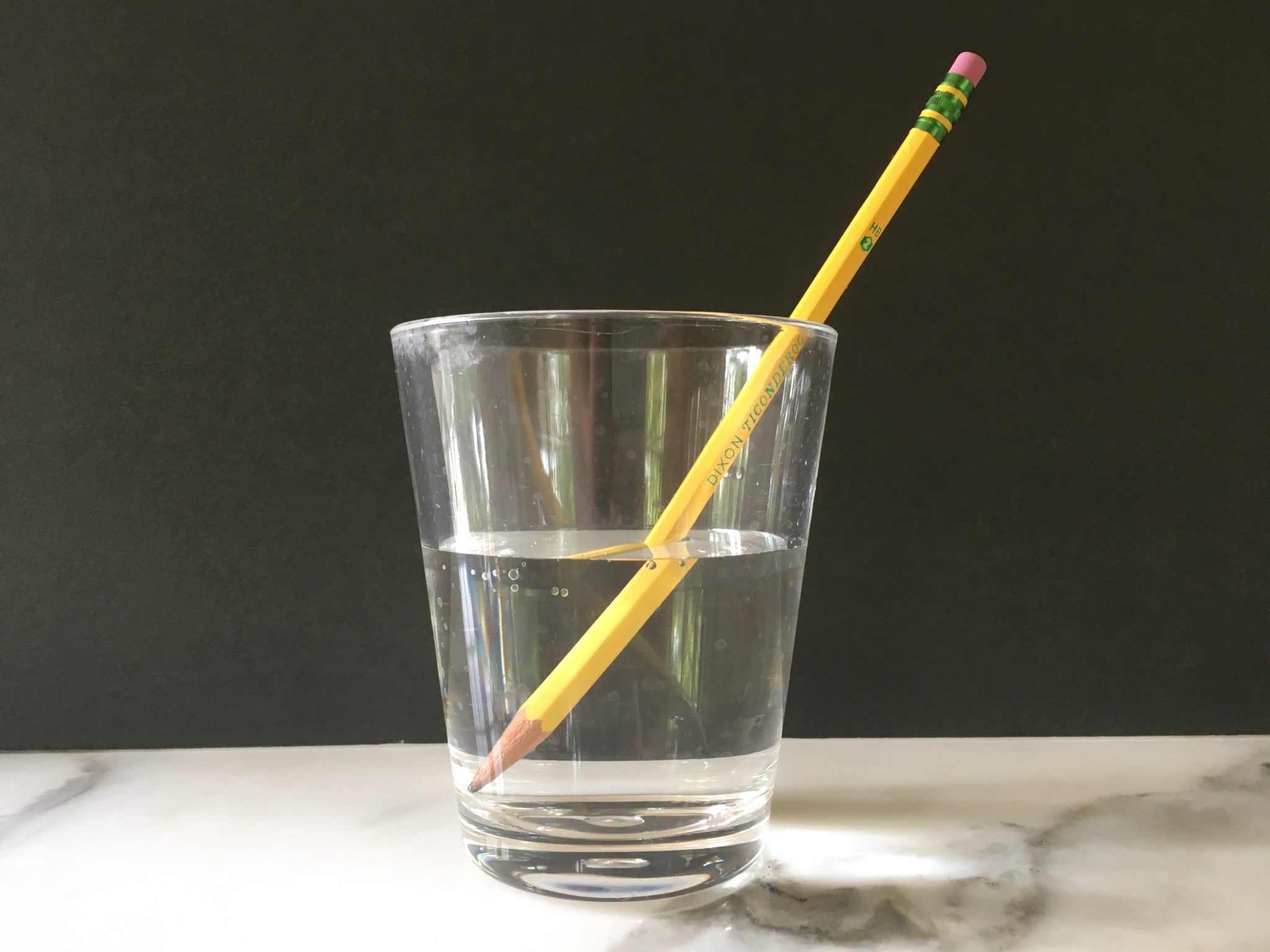
The Broken Pencil Science at Home for Kids
1 Sketch a rough outline with a regular pencil on watercolor paper. Before you begin filling with color, you'll need a rough sketch of your drawing. Don't worry about being too precise or adding too much detail—that's something you'll do later as you layer color. [1]
FilePencil in glass of water showing refraction.JPG Wikimedia Commons
Start by applying pencil strokes of your lightest colors in the painting (ie: yellow, orange, red, light blues) and begin to add darker colors by layering into the lighter regions by a slight amount. This will create a gradient between these two colors when you apply water with a brush. Next, apply some darker colors (ie: brown, blue, purple.

Pencil Bent In Water Free photo on Pixabay
Get the look of beautiful watercolor paints with the control of a pencil! In this tutorial I'll show you how to use watercolor pencils and we'll create a wat.

10+ refraction of pencil in water diagram MerlinTanazzal
The pencil in water experiment is a lesson in light refraction. It's a fun experiment to teach kids how light moves in waves just like sound. You can't see light move in waves until something blocks the light (the water) and bends the light. This simple refraction science experiment is super simple, but there is a lot of science behind the magic.
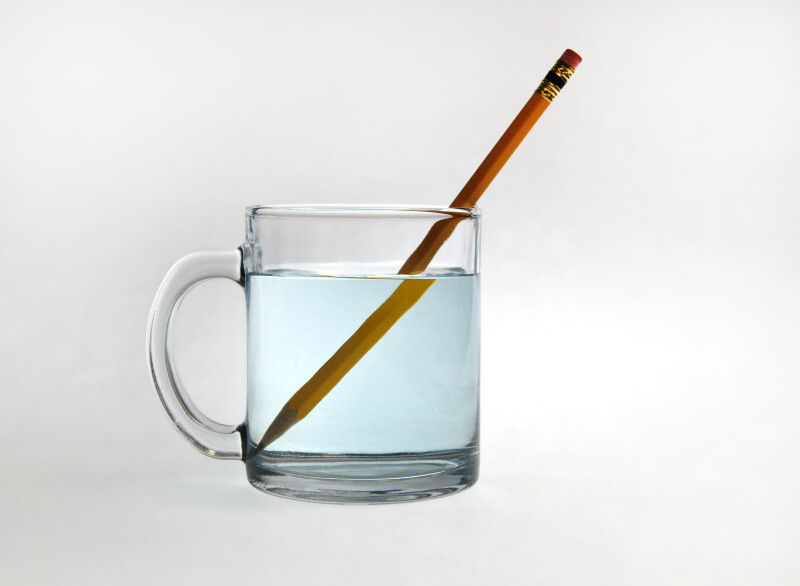
Refraction of Pencil in Cup of Water ClipPix ETC Educational Photos for Students and Teachers
Draw an arrow on a piece of paper and hold it up behind the glass of water, about 30 cm from your eyes. What do you observe? As if by magic, the arrow flips around! The round outside of the glass forces the water into a rounded shape, which acts as a convex lens. This lens bends the incoming light towards the middle.
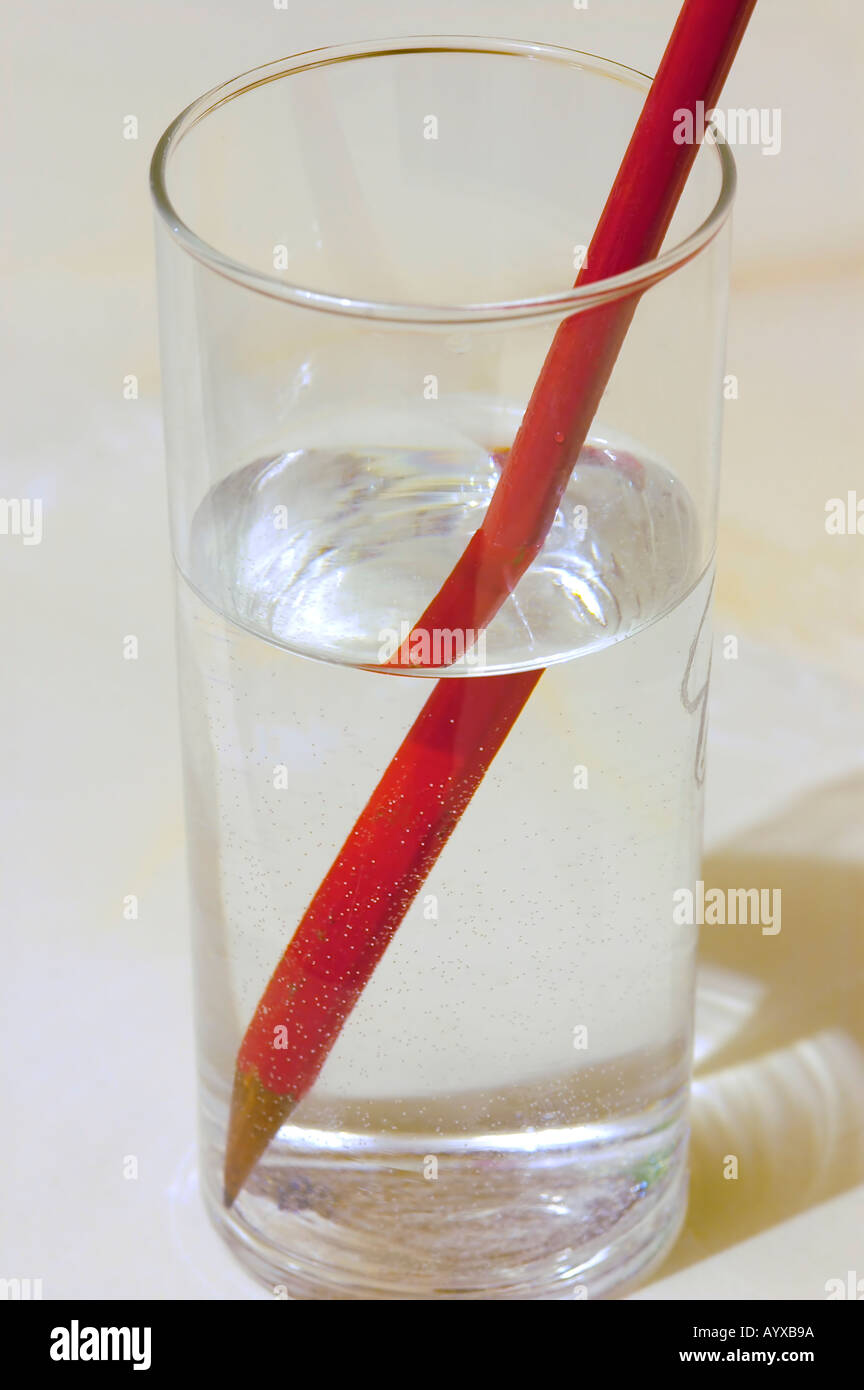
Pencil water hires stock photography and images Alamy
The goal of this lesson is two fold - we are going to explore how to draw water, but more importantly we are going to review the process of observation, analysis and interpretation, the "tools" that will allow us to draw any subject matter, no matter how complex. That's a pretty tall order, but I think we can accomplish it.
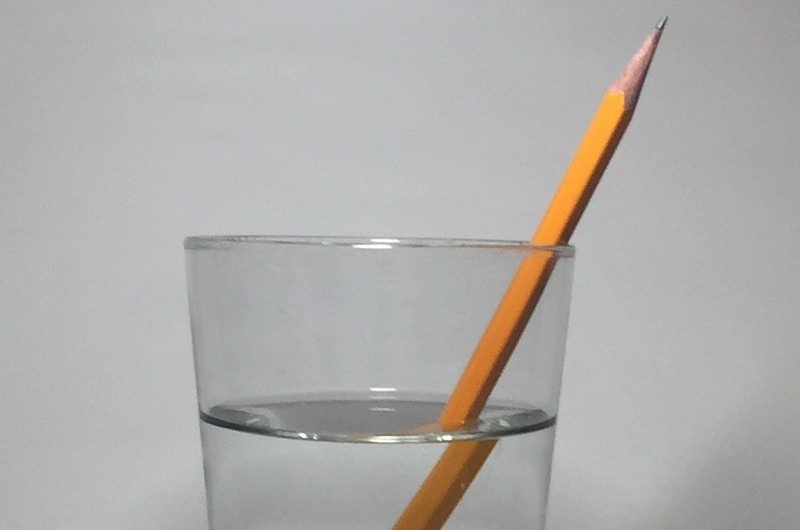
What Is the Refractive Index of Water? Uses, Factors, & FAQ Optics Mag
Watercolor pencils are so much fun, but can be tricky to get started with. This video is a complete guide on how to draw and paint with watercolor pencils.Ge.

A pencil in a glass of water showing the optical distortion caused by refraction of the image
Water In A Bag Pencil Experiment - Water Experiment for Kids Once I told the girls that we were going to be doing something that "might" get them soaked with water, they were 100% down to join. (Even though I was "pretty sure" that they were going to not have any issues since it was so simple)
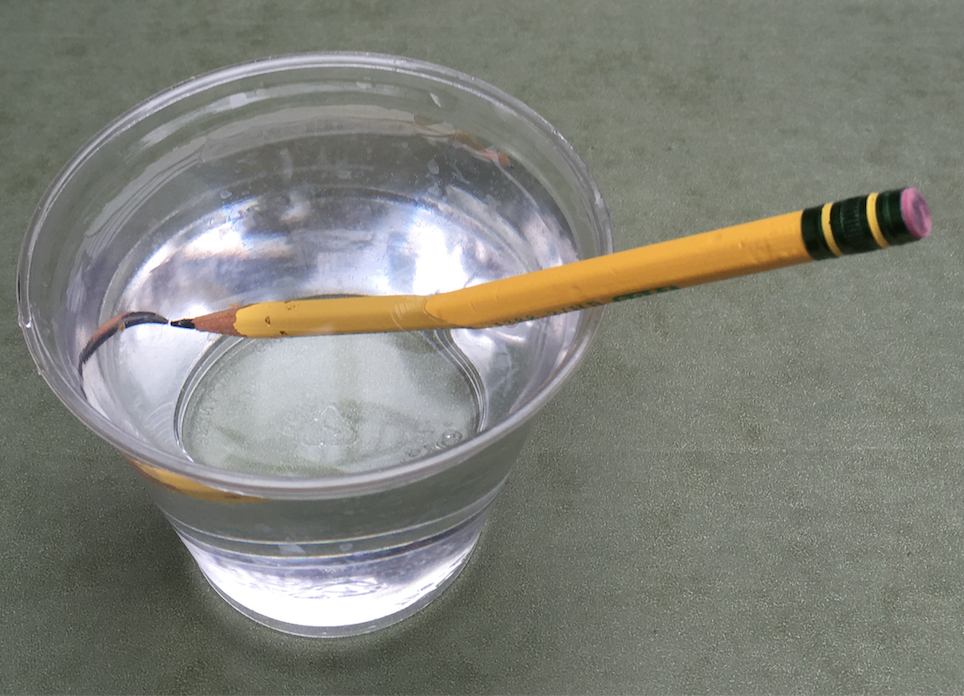
VII. Developing Additional Central Ideas Based on Evidence Exploring Physical Phenomena
How to Draw Water Reflections Reflections in still water are the easiest water effects to draw. The 'rules' apply clearly without all the complications of moving shapes and wavy lines. A dark bank of trees reflecting in a still lake will appear lighter in the reflection.